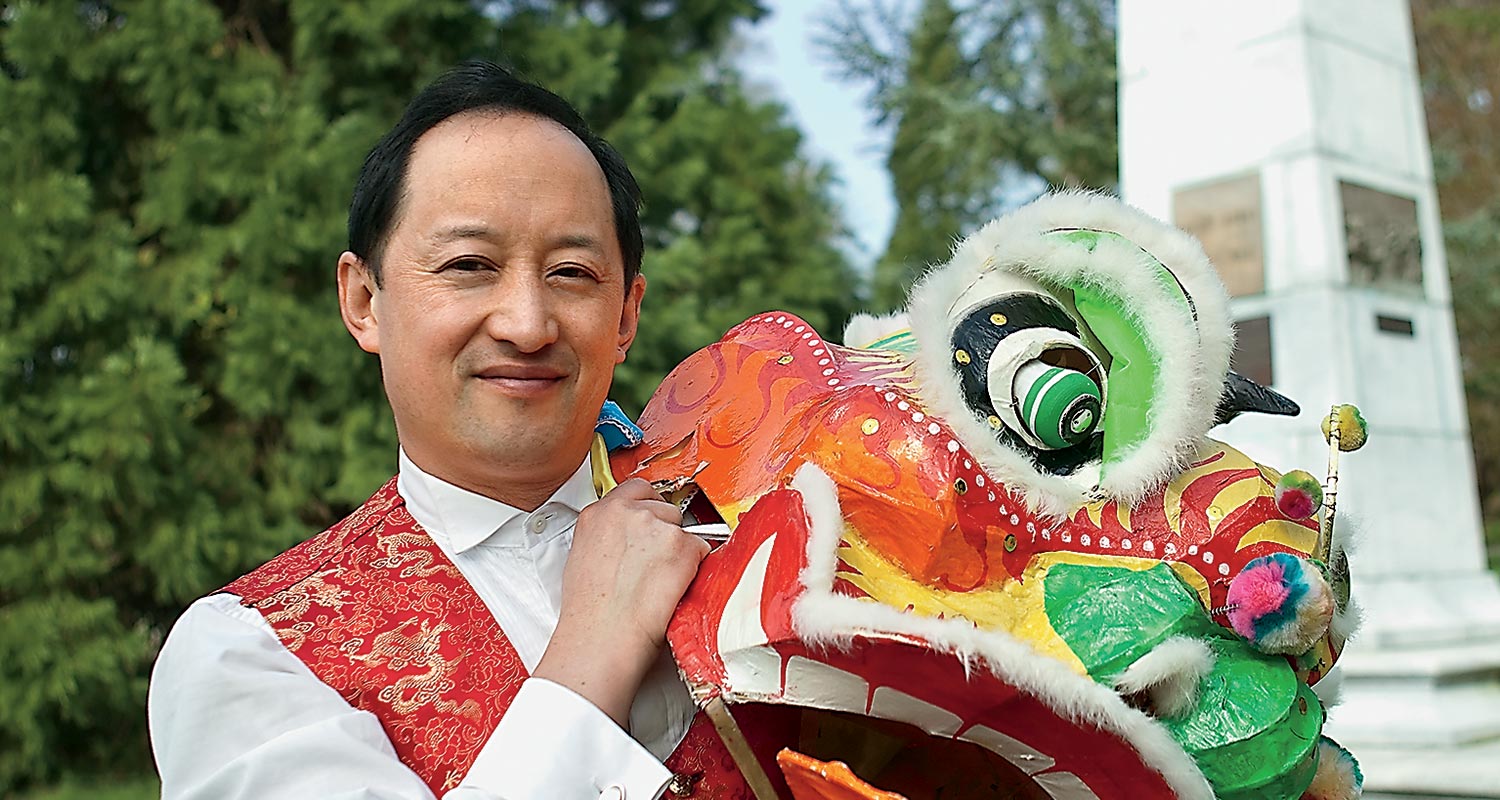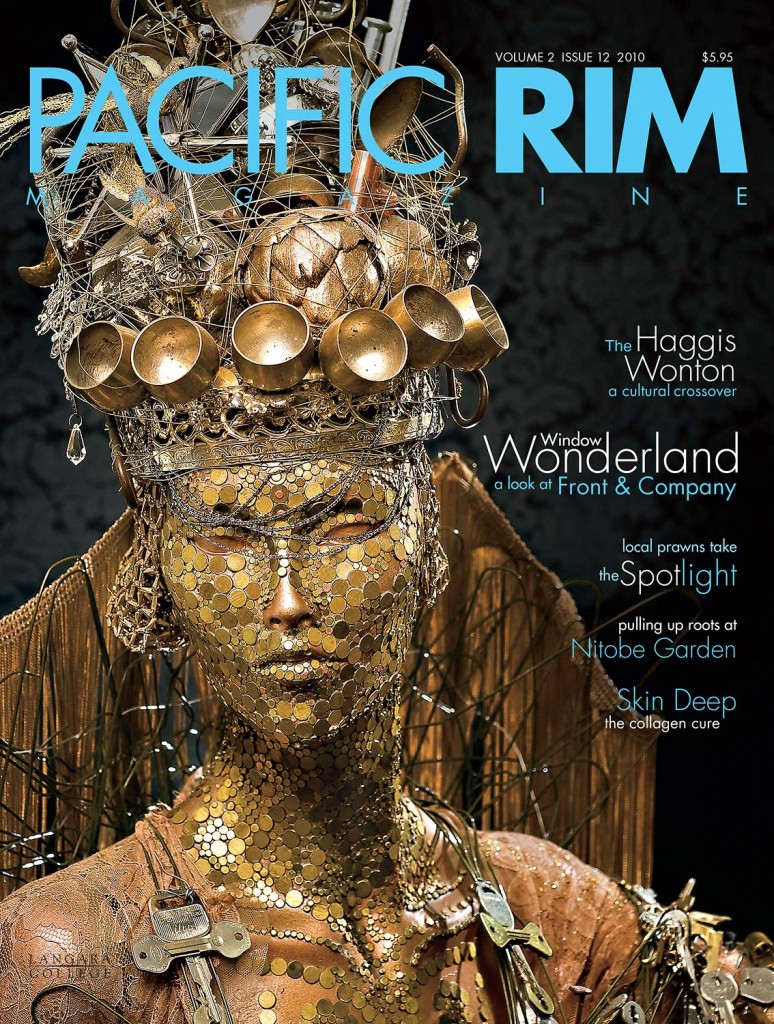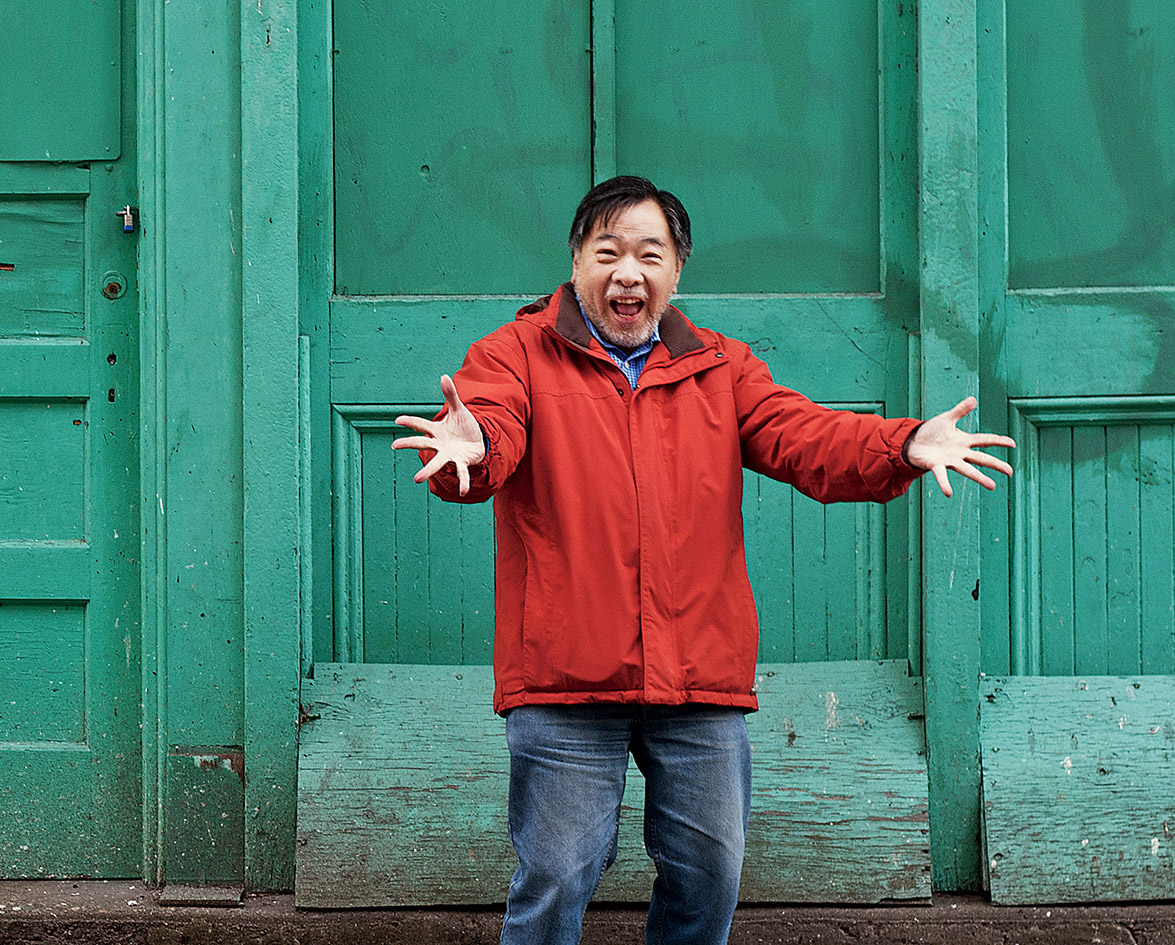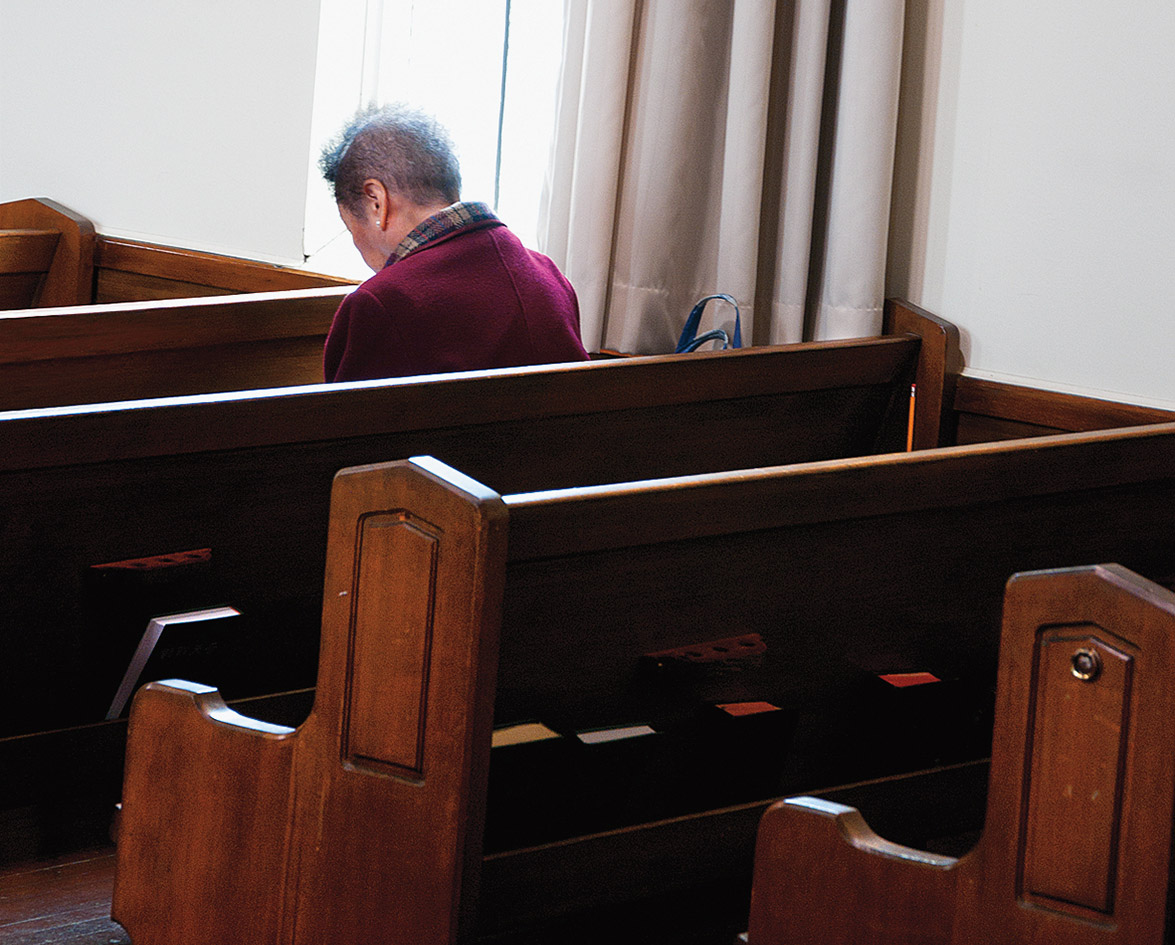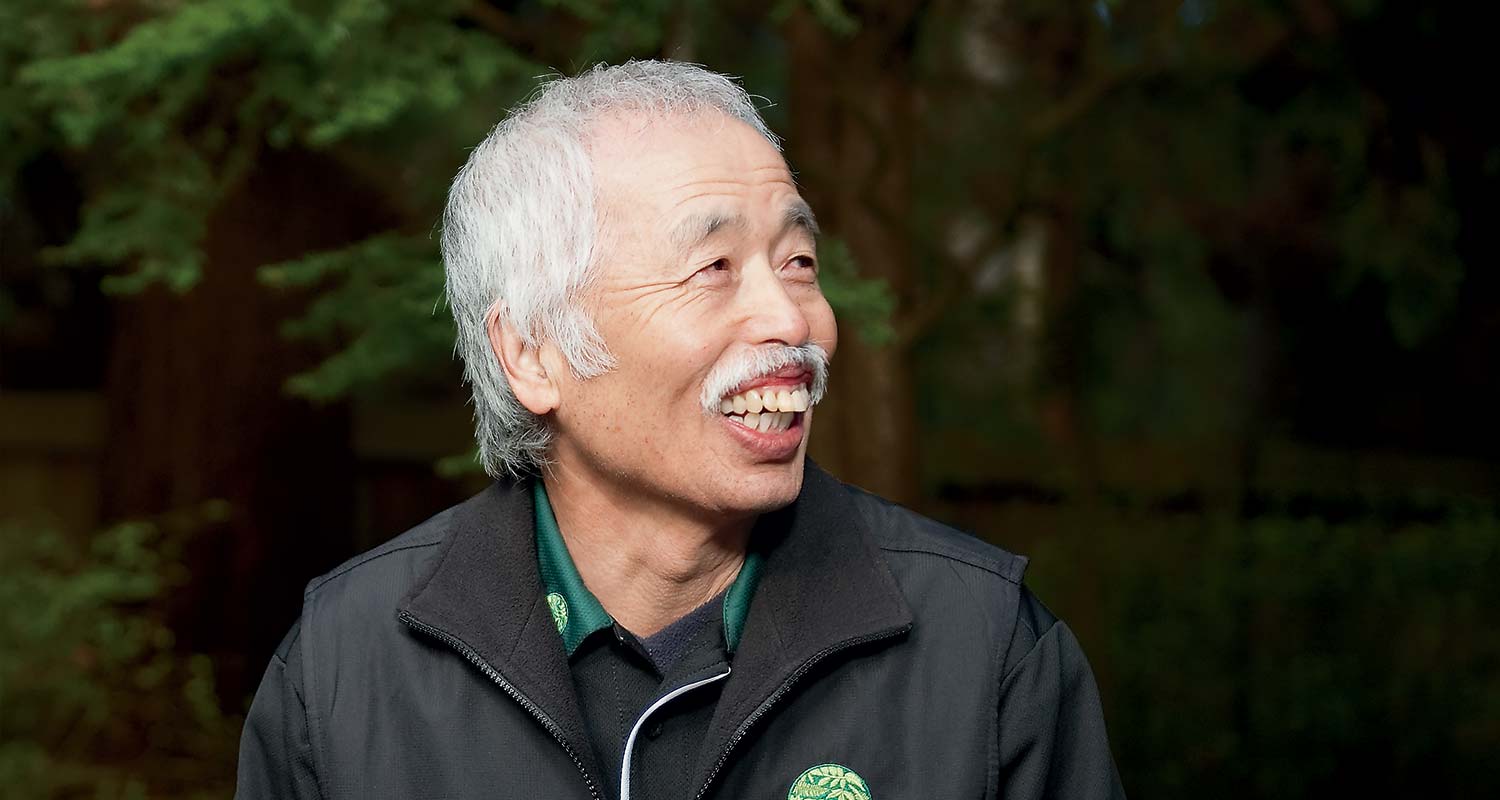Some personalities are simply infectious. They have such passion for what they do and such love for the lives they lead that an aura seems to surround them. If you are fortunate enough to sit down with any of these people and learn what motivates them, you can’t help but feel inspired to make a difference in the world, in your community or in someone else’s life.
One of these infectious personalities is Todd Wong: a cultural revolutionary, a community activist and a survivor. In 2008, he was voted one of the 150 most fascinating people in British Columbia by visitors to the Royal British Columbia Museum. He has dealt with cancer and depression and has devoted his life to honouring the past and helping shape a better future.
The Early Years
Born in Vancouver in the 1960s, Wong spent his pre-teen years in East Vancouver’s Strathcona neighbourhood, where he admittedly was not fully aware of the depth and breadth of his Chinese heritage, something that would later play a large role in his life. It wasn’t until high school in North Vancouver, an area where few Chinese lived, that Wong came to see himself more as Chinese Canadian. “Chinese because I was different from the other kids,” he says, “but Canadian because my family had been in Canada since 1869, when Rev. Chan Yu Tan, my great-great-grandfather, came here to help found the Chinese Methodist Church of Canada.”
During his teens Wong began playing cultural advocate by introducing his North Vancouver schoolmates to Chinese culture. While in the 12th grade he even organized a Chinese New Year dinner for his Caucasian friends. But it was in 1993, while working as a tour guide at Simon Fraser University, that Wong experienced a series of firsts that solidified his interest in cultural diversity and forever changed his life. It was the year he experienced his first Robbie Burns supper. It was also the year he wore his first kilt and dubbed himself “Toddish McWong.”
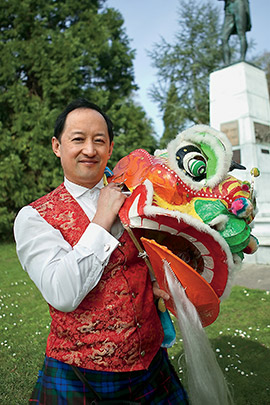
Bringing Two Cultures Together
Wong’s role as a cultural pioneer became firmly established with his brainchild “Gung Haggis Fat Choy,” a tribute to two distinct cultures – Scottish and Chinese – that played major roles in B.C.’s history. Now an annual event, the celebration is a combination of Chinese New Year and Robbie Burns Night, a feast dedicated to the famed 18th-century Scottish poet renowned for his strong political opinions and revolutionary spirit. The festive evening includes music, dance, poetry, and most importantly, the mixing and mingling of local celebrities, politicians, community leaders, and citizens.
The very first Gung Haggis Fat Choy dinner took place in Wong’s living room back in 1998 and was attended by just 16 people. It has been gaining popularity ever since. Wong says, “It’s now the most intimate dinner for 500 people you’ll ever attend.” Much like Robbie Burns, Wong is a champion of the people. He’s convinced his cultural fusion of two such dissimilar cultures is successful because it addresses the issues of multiculturalism, racism, and ethnic and cultural differences. He says Gung Haggis Fat Choy is “a place for people born of multi-ethnicity and is inclusive so that people born outside of Scottish and Chinese cultures can still celebrate Canada’s pioneer history and culture.”
A Man With Many Titles
Gung Haggis Fat Choy and the creation of the haggis wonton are not the only things Wong is known for internationally. He is also the president of the historical Joy Kogawa Society, which publicly campaigned to save the childhood home of local author Joy Kogawa. In 1942, six-year-old Kogawa and her family were sent to a series of internment camps as part of the Canadian government’s Japanese dispersal program. With great tenacity and creativity, and by effectively utilizing the media, Wong and countless others attracted the attention of The Land Conservancy Board of B.C. who, in May 2006, announced that Kogawa House would be purchased and saved from demolition. Because of all of his determination and hard work, Wong was elected to the TLC board of directors.
Wong’s interest in promoting multiculturalism crosses numerous boundaries. In addition to preserving monuments that commemorate B.C.’s cultural heritage, he is also determined that Asian Canadian history and art continues to be celebrated and that Asian Canadian artists and writers will feature prominently for years to come. To ensure this, he became vice president of the Asian Canadian Writers Workshop which publishes Ricepaper Magazine, a nationally distributed magazine that offers an Asian Canadian perspective on arts and culture.
For all the things this passionate man is recognized for—his courage in adversity that won him the SFU Terry Fox Gold Medal; his contribution to the award-winning One Book One Vancouver program; his tireless battle to preserve cultural heritage and promote Asian Canadian art—it is Gung Haggis Fat Choy that has captured imaginations and brought people from diverse backgrounds together. As a legacy to future generations, Gung Haggis Fat Choy proves that change on a large scale—the kind that spans cultures and great distances—often begins locally and that inspiration, especially of the Toddish McWong variety, can bring the world together, one haggis wonton at a time.





